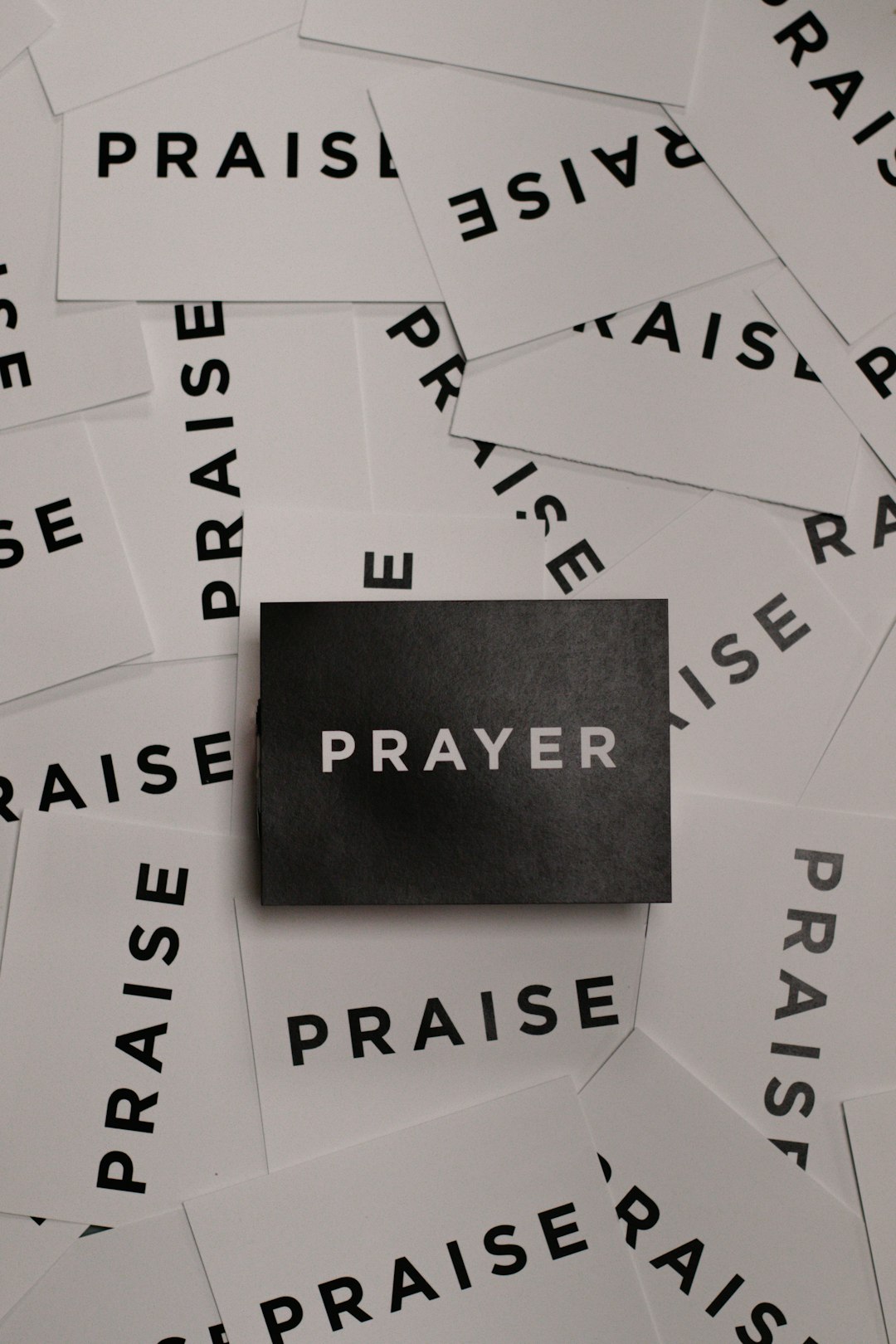1 Peter 4 Part 5: Judgment within the Household of God
1 Peter 4:15-19 - Glorify God in your suffering and entrust your souls to the Creator.

“Make sure that none of you suffers as a murderer, or thief, or evildoer, or a troublesome meddler; but if anyone suffers as a Christian, he is not to be ashamed, but is to glorify God in this name. For it is time for judgment to begin with the household of God; and if it begins with us first, what will be the outcome for those who do not obey the gospel of God? And if it is with difficulty that the righteous is saved, what will become of the godless man and the sinner? Therefore, those also who suffer according to the will of God shall entrust their souls to a faithful Creator in doing what is right.”
1 Peter 4:15-19 NASB1995
In verse 15 of 1 Peter 4, he is telling believers to make sure that none of them is suffering because they are committing sins. It is interesting to note that he equates murder, theft, evil doing and troublesome meddling as things we can suffer for that are not part of our suffering as a Christian; these are behaviors that should shame us. Let’s look at troublesome meddler: The Greek word is a doozy - ἀλλοτριεπίσκοπος or allotriepískopos, meaning one who takes the supervision of affairs pertaining to others and in no wise [ways?] to himself, a meddler in other men's affairs. The Strong’s definition is similar: overseeing others' affairs, i.e. a meddler (especially, in Gentile customs):—busybody in other men's matters. This is the only usage of this word in the New Testament and it is a combination of two root words that Peter brought together.
So Christians could be persecuted and suffer for their beliefs, but they must not retaliate for those persecutions by sinning. We should also not be ashamed of that suffering but should glorify God in His name. We should be full of praise and prayer! It is also interesting in this passage that Peter uses the term “Christian”. Here is what David Guzik (Enduring Word) says about this term (the links go to the Blue Letter Bible);
We don’t glorify God for suffering. But we do glorify Him in suffering, and we glorify Him for what He will accomplish in us and through us with the suffering.
“The name ‘Christian’ (Christianos), built on the name Christ with the suffix –ianos, a Latin formation (-ianus), denotes a partisan follower… Christian categorized the followers of Christ as ‘members of the Christ-party,’ not ‘little Christ’ as some popular explanations would have it.” (D. Edmond Hiebert)
Christians were first known as “disciples,” “believers,” “the Lord’s disciples,” or “those who belonged to the Way” before they were known as Christians, first at Acts 11:26. This is the first of three places in the New Testament where the followers of Jesus are named Christians.
In Acts 11:26 it tells us the disciples were first called Christians in Antioch.
In Acts 26:28 Agrippa told Paul, You almost persuade me to become a Christian. This shows that between Acts 11:26 and 26:28 Christian had become a popularized name for the followers of Jesus.
In 1 Peter 4:16 the idea is that some are suffering because they are identified as Christians. This shows that the name had become very widely used, so much so that one could be persecuted for being numbered as a Christian.
Peter then goes on to say that it is time now for judgment in the household of God. We should be judged first because we claim to be different and better by believing in our salvation. So if we are first to be judged, what does that mean for those who don’t believe the Gospel? The path of righteousness is narrow and difficult, so what becomes of the godless man and sinner? Once again, I really like the commentary from Enduring Word:
For the time has come for judgment to begin at the house of God: In the context of suffering, Peter tells us that judgment begins at the house of God. Right now, God uses suffering as a judgment (in a positive, purifying sense) for Christians (the house of God).
It is right for judgment to begin at the house of God. “There is equity in it; for Christians profess to be better than others, and so they ought to be. They say they are regenerate, so they ought to be regenerate. They say that they are a holy people, separated unto Christ; so they ought to be holy, and separate from sinners, as he was.” (Charles Spurgeon)
Now is our time of fiery trial (1 Peter 4:12); the ungodly will have their fire later. The fire we endure now purifies us; the fire the ungodly will endure will punish them. Yet we always remember that there is never any punishment from God for us in our sufferings, only purification. For the Christian, the issue of punishment was settled once and for all at the cross, where Jesus endured all the punishment the Christian could ever face from God.
The same fire that consumes straw will purify gold. The fire is the same, but its purpose in application is different, and its effect is different upon the straw and the gold. Even so, Christians do suffer some of the same things the ungodly do, yet the purpose of God is different and the effect is different.
If it begins with us first, what will be the end of those who do not obey the gospel of God? Peter’s sobering application is clear. If this is what God’s children experience, what will become of those who have made themselves His enemies? How can they ever hope to stand before the judgment and wrath of God?
Christians can rejoice that the sufferings they face in this life are the worst they will ever face throughout all eternity. We have seen the worst; those who reject Jesus Christ have seen the best of life their eternal existence will ever see.
If the righteous one is scarcely saved: Since this is true – that the salvation of the righteous does not come without difficulty – then it should make us pause if we ourselves or others seem to have an easy salvation.
It isn’t that our salvation is difficult in the sense of earning it or finding a way to deserve it; it is all the free gift of Jesus Christ. Yet our salvation is hard in the sense that the claims of discipleship challenge us and demand that we cast away our idols and our sins. Real discipleship and genuine following after Jesus Christ is sometimes a hard thing, so we understand why Peter quoted the passage from Proverbs 11:31, “the righteous one is scarcely saved.”
Our fiery trials are for purification, not punishment and are part of our sanctification. The gift of grace is free; discipleship is challenging. Don’t stop at the first place in your faith journey. Yes, once you have repented and accepted Jesus as your savior you are justified, but what good is that when you keep sinning and chasing after worldly idolatries? Getting rid of those things is hard! I also love this thought that what we face in this life as believers is the worst we will see in eternity! For the non-believer this life is the best they will have, which should light a fire under every believer to evangelize as much as they can and bring others to Christ. Always have the long (eternal) view in mind!
Finally, Peter closes out chapter four of his first epistle by telling us that those who suffer according to the will of God should entrust our souls to a faithful Creator. In a few other Bible translations, the word used is commit. In either case, the Greek word is παρατίθημι or paratíthēmi, meaning to place alongside, i.e. present (food, truth); by implication, to deposit (as a trust or for protection):—allege, commend, commit (the keeping of), put forth, set before. Our souls are His and we trust in Him in our present suffering and future glory!
My next devotional examines 1 Peter 5:1-3 Shepherding the Flock.
Heaven on Wheels Daily Prayer:
Dear Lord - Please guide me through the fiery trials and suffering as a Christian. Help me to be aware that those who do not know the Gospel or believe are heading to punishment, so that I feel urgency to evangelize to them. I entrust my soul to you, the Creator. Amen.
Scripture quotations taken from the (NASB®) New American Standard Bible®, Copyright © 1960, 1971, 1977, 1995, 2020 by The Lockman Foundation. Used by permission. All rights reserved. lockman.org
Commentary from Enduring Word by David Guzik is used with written permission.



